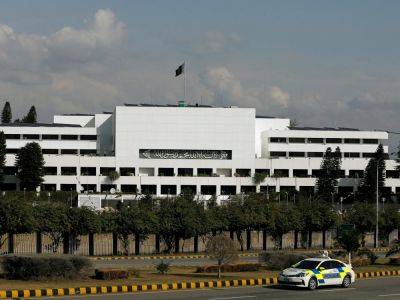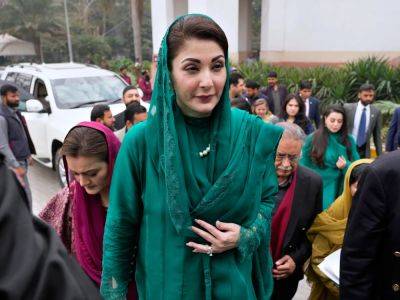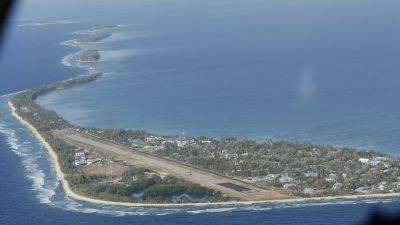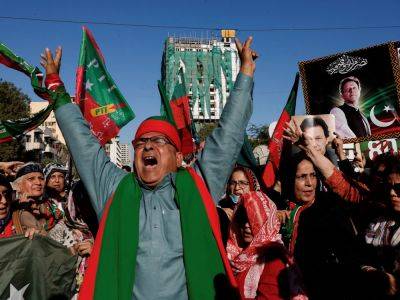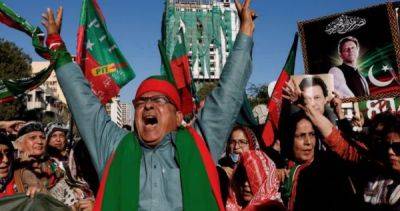Pakistan’s real test begins after election, say analysts
Pakistan’s struggling democracy faces serial crises — political, economic, on the security front, and above all, of legitimacy, say experts.
Lahore, Pakistan – Four months after Pakistan was originally scheduled to hold national elections, the country’s 128 million voters will on Thursday get the chance to pick their next federal government amid a pre-poll crackdown on former Prime Minister Imran Khan’s party and a climate of political and economic instability.
More than 90,000 polling booths spread across the nation of 241 million people will open at 8am local time (03:00 GMT).
In addition to the 266 seats in the country’s National Assembly, voters will also elect members to the legislatures of Pakistan’s four provinces. In the National Assembly, a party needs at least 134 seats to secure an outright majority. But parties can also form a coalition to reach the threshold.
Voting will continue until 5pm local time (12:00 GMT), and if the tabulation of results occurs smoothly, the winner could be clear within a few hours.
Yet, analysts are already cautioning that the true test of Pakistan’s tryst with democracy will begin after the elections, when a new government will be confronted by a host of challenges it will inherit, and questions over its very legitimacy.
“While the election results might bring a sense of temporary stability, it is increasingly clear to the public and party leaders alike that long-term sustainability can only be achieved when this cycle of political engineering is broken,” analyst and columnist Danyal Adam Khan said, referring to a widespread sentiment in Pakistan that the election process has been influenced by the country’s powerful military establishment to deny a fair chance to Imran Khan’s


